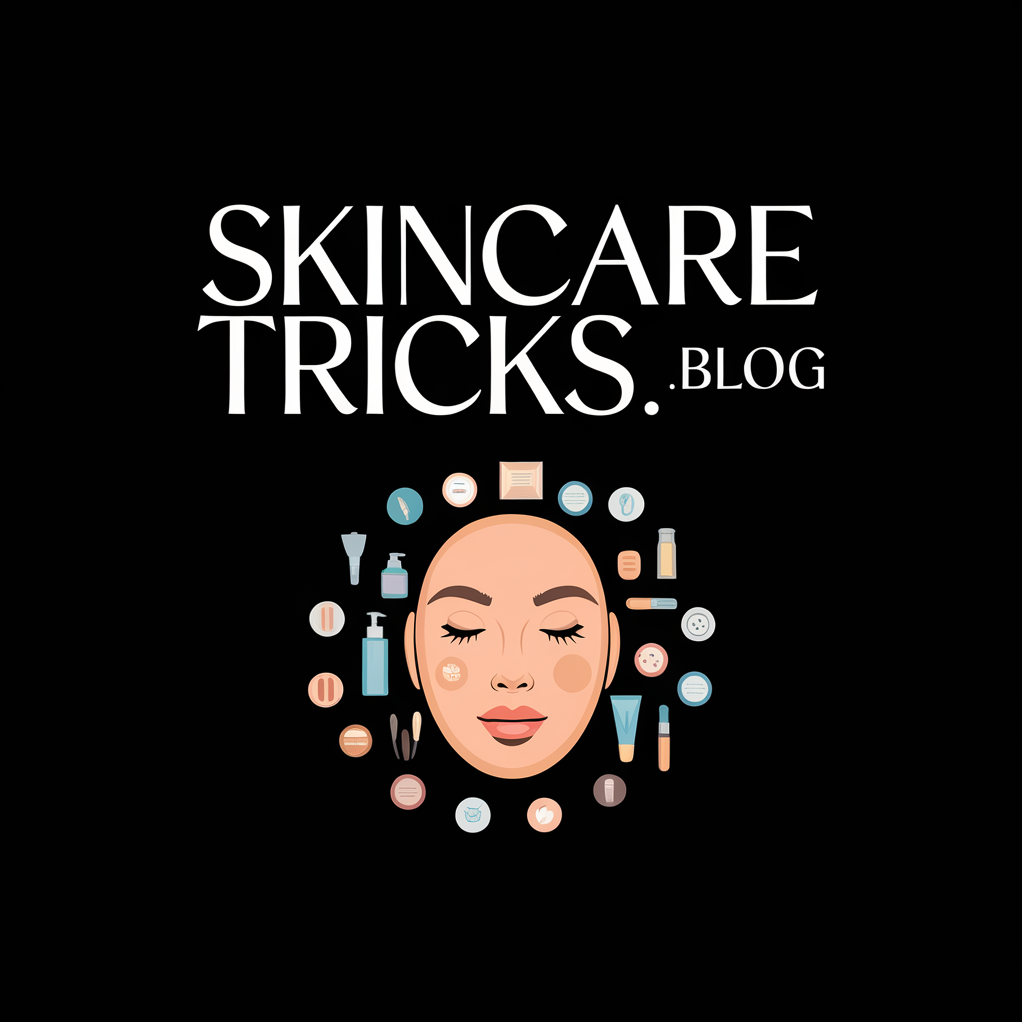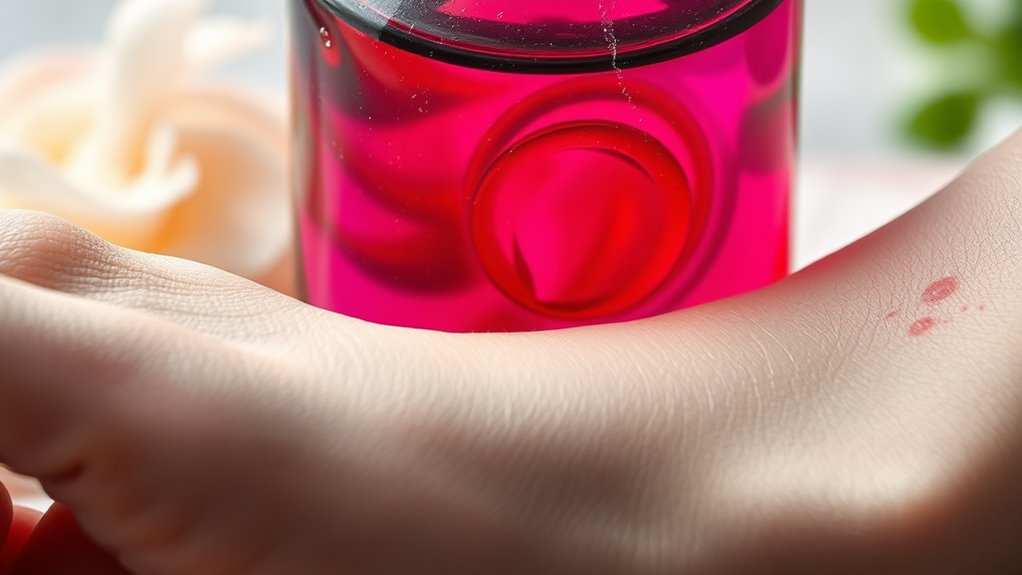Essential Oils That Are Secretly Destroying Your Skin!
Common Essential Oils That Can Cause Skin Damage
While many people swear by the benefits of essential oils, some can actually harm your skin if you’re not careful.
It’s vital to pay attention to essential oil warnings. For instance, oils like citrus and cinnamon can lead to irritation or allergic reactions. Tea tree oil, while popular, might cause dryness or redness for some.
Even lavender oil isn’t safe for everyone, as it can trigger sensitivity. Before applying any essential oil, always do a patch test.
Understanding Phototoxicity and Its Effects on the Skin
Phototoxicity occurs when certain substances, including some essential oils, make your skin more sensitive to sunlight. This can lead to irritation, sunburn, or even long-term damage. Knowing which oils to be cautious of can help you protect your skin and enjoy your essential oils safely.
| Essential Oil | Phototoxic Potential | Safe Usage Tips |
|---|---|---|
| Bergamot | High | Dilute well, avoid sun |
| Lemon | Moderate | Use at night, patch test |
| Lime | High | Limit sun exposure |
Be mindful of how your skin reacts, and prioritize your well-being.
Allergic Reactions: The Hidden Risks of Essential Oils
Although essential oils can offer various benefits, they can also trigger allergic reactions in some individuals. You might think you’re enhancing your skincare routine, but a hidden sensitivity could leave your skin irritated or inflamed.
It’s crucial to listen to your body—if you notice redness, itching, or swelling after using an essential oil, don’t ignore those signs. You’re not alone; many people share these experiences.
Always remember, your skin deserves the best. Embrace this journey by experimenting cautiously and seeking products that resonate with your skin’s unique needs, fostering a sense of community and shared knowledge among those who care for their skin.
Proper Dilution Guidelines for Safe Use
When using essential oils, understanding proper dilution guidelines is essential for safe application and to avoid skin irritation.
Always remember that most essential oils should be diluted in a carrier oil, like jojoba or coconut oil, to protect your skin.
A good rule of thumb is to use a 1-2% dilution for daily skincare—this means about 1-2 drops of essential oil per teaspoon of carrier oil.
If you’re new to essential oils, start with lower concentrations and test on a small skin area.
This way, you’ll join a community that values safety and care in their skincare routines.
Your skin will thank you!
Alternatives to Harmful Essential Oils for Skin Care
If you’re concerned about the potential negative effects of certain essential oils on your skin, there are plenty of effective alternatives to explore.
Consider using carrier oils like jojoba or sweet almond oil, which nourish and hydrate without irritation. Aloe vera gel is another soothing option, perfect for calming inflamed skin.
For a refreshing touch, try rose water; it hydrates and balances your complexion beautifully. You might also enjoy incorporating botanical extracts like chamomile or calendula, known for their gentle, healing properties.

